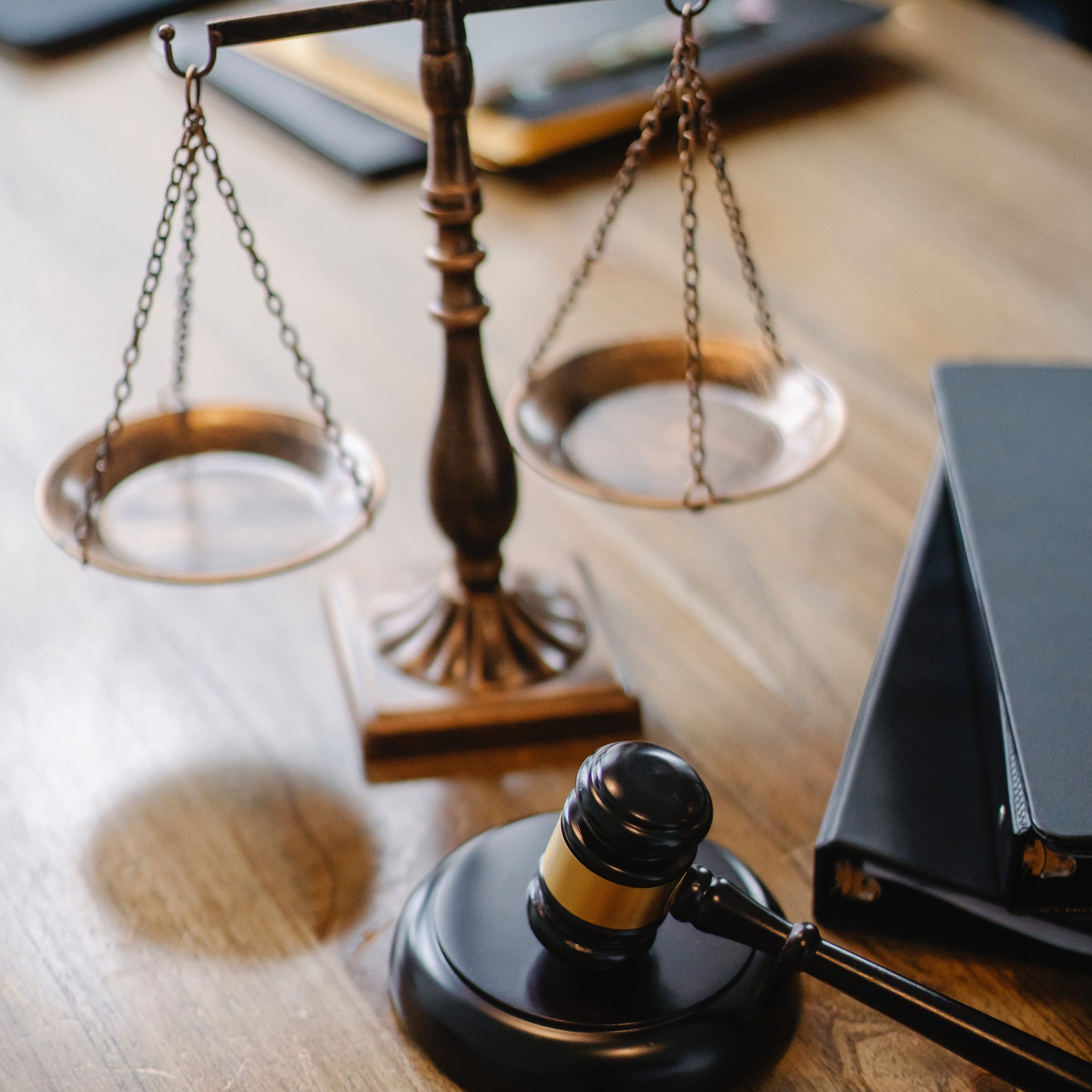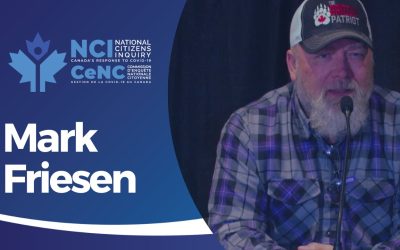Abuse of Our Charter of Rights and Freedoms And The Courts.
This is one of the most disappointing things about the so called pandemic.
I am not a lawyer but I have been around them most of my political life and had the good fortune of having several legal minds in my Cabinet and advising me on a regular basis.
And going to the Supreme Court of Canada three times when I was First Minister can focus the mind.
Call it learning by osmosis.
Two recent Provincial Supreme Court Judgements concerning our Charter of Rights and Freedoms are deeply concerning.
One , in the Supreme Court of British Columbia , Beaudoin v British Columbia 2021 and the other Court of Queen’s Bench, Manitoba—Gateway Bible Baptist Church et al. v. Manitoba et al. Cited as: 2021 MBQB 219.
A)
What is most disturbing is the misuse or non use in these cases by the Judges of a very important part of the Charter : ‘whereas this country is founded on the principles of the supremacy of God and the rule of law:’
Can you believe this?
In the first case referenced the Judge in his introduction actually refers to these two important principles: ‘The preamble to the Charter invokes “the supremacy of God and the rule of law” as principles upon which Canada is founded.’
But unfortunately the judge changed the wording and grammar —-
The statement actually reads ‘ whereas this country is founded on the principles of the supremacy of God and the rule of law:’
This might sound like a small point —-
But it isn’t, at all.
Its a big point because the whole meaning is changed!!
The actual wording in the Charter and the colon at the end means that it is in considering these principles that the Charter is to be interpreted. It is an active sentence , the word ‘whereas ‘ makes it so.
In the Judge’s rewrite , which he had no business in doing, makes the whole sentence a passive one and one that talks about Canada’s founding with a period at the end . More or less, I am finished with it now that I have mentioned it . It was so founded decades ago.
This relieves the Judge in his rewording from examining these two principles as alive now in the rendering of his judgement.
And these principles are therefore not mentioned anywhere else in the judgement . But they are there at the very beginning of the Charter. And for a reason —-to be considered.
The Charter ‘s wording and meaning was changed by the judge and there is no provision that allows this.
In the Manitoba case there is no mention at all of the opening statement thereby in its omission ignoring the whole thing and making the selecting of what is to be considered in the Charter up to the Judge.
It seems the Judges want to shy away from God and the rule of law.
But these principles are right there at the very beginning of the Charter, alive and operative today.
God is suddenly off limits. And the rule of law.
But that is not all!
B)
There is no mention anywhere I can find in these judgements about intent and in this case the intent of the crafters of Section 1 of the Charter.
As one who was there I can say that the intent of Section 1 was that such override would apply to a national dire situation like the state’s existence was at stake , a war, an insurrection; not a manufactured emergency where there was a 99% recovery rate and a less than 1% fatality rate!
Note just a little further on in the Charter in Section 4 (2):
(2) ‘In time of real or apprehended war, invasion or insurrection, a House of Commons may be continued by Parliament and a legislative assembly may be continued by the legislature beyond five years if such continuation is not opposed by the votes of more than one-third of the members of the House of Commons or the legislative assembly, as the case may be.’
Do you think it plausible that the crafters of the Charter would have a different set of conditions applying to taking away personal rights and freedoms than extending the sitting of a Parliament in the country?
C)
Then there is the whole idea of the tests of Section 1. Two stand out : ‘demonstrably justify ‘ and ‘ free and democratic society .’
In the judgements referenced there is a deliberate effort it seems to play down ‘demonstrably justify ‘ and ‘free and democratic society ‘ gets ignored altogether.
In the Beaudoin case for example in summing up the respondents case the judge on point 136 says: ‘The respondents contend that the real issue is whether the impugned G&E Orders are “reasonable limits” on these freedoms under s. 1 of the Charter.’
Everything thing get reduced to ‘reasonable limits. ‘
But the Charter says ‘demonstrably justify within reasonable limits.’ And in the context of a ‘free and democratic society.’
Once again the Judge changes the words and meaning.
Where is the Judge on the actual words in the Charter?
The Government is to demonstrably justify its actions. In public policy terms that is something like a cost benefit analysis; To prove that the benefits of their proposed actions are greater than the costs —-That we really need to take away peoples’ rights and freedoms to mitigate the situation.
Do we see anything like this in the judgements?
No, we see just a litany of public heath orders and how bad everything is using case counts that are only 5% accurate in capturing serious disease.
There is no actual proof of meeting the demonstrably justify test.
And it is not like there was no evidence . In April 2021 a university professor, Dr Douglas Allen , at one of our own institutions , Simon Fraser University, produced a report (Covid Lockdown Cost/Benefits: A Critical Assessment of the Literature) and after reviewing 80 studies concluded that the cure was as bad if not worse than the disease. His concluding paragraph:
‘The progression of understanding about the virus has improved over time, but it has not fundamentally changed. By August(2020) there was enough information available to show that any reasonable cost/benefit analysis would show that lockdown was creating more harm than good. It is unreasonable to suggest that a proper decision could not have been made in the fall when the second wave of infections hit.’
You would think such information would make one ( The Governments) ponder and halt what was being done. Information as early as August 2020 pointed to big lockdown problems.
Surely the judges were aware of such information !! The judge’s decision in the Manitoba case was October 21, 2021 decisions, 6 months after the report’s release.
Then the ‘free and democratic society’ test.
Where does the judges define this test?
No where!
And what does ‘free and democratic society’ mean?
One would think it means involving the people, you know, parliamentary democracy.
Just think —-perhaps this means involving our parliaments, the representatives of the people??? Not for a day , but through parliamentary committees for the duration of the problem, calling experts from outside the Government , over seeing the Government action and making them report to the people.
But this did not happen and the courts have given the Governments a pass on such an important test of Section 1.
Of course, for those who follow such things , the Charter as written has been under attack for a long time. The ‘living tree’ exponents say the constitution is to reflect the times even without a word being changed in the Constitution by the elected.
This is not democracy —this is rule by the unelected, the antithesis of parliamentary democracy.
It is time Canadians stood up and opposed such judicial interference in what was written by their elected representatives.
D)
The Constitution Act not only included the Charter of Rights and Freedoms but several other important subjects including the amending formula; that is , how the Constitution would be amended in the future. And the fact that, as the Supreme Court of Canada said in its decision of September , 1981 rejecting the unilateralism of Pierre Eliot Trudeau , Constitutional Change is possible , you just have to go about it consistent with the conventions of this nation.
So the elected can and should be the ones to amend our Constitution , not unelected judges.
Conclusion
Legislative over reach : the mandates ( Federal and Provincial) of the last two years and the Federal Emergency Act and the judicial over reach : recent court decisions involving the mandates , some highlighted here, are inconsistent with the Charter of Rights and Freedoms , and inconsistent with the conventions of this nation and hence unconstitutional.
There is a constitutional procedure by the elected for amending our Constitution.
Our Governments should remember that it was John Stuart Mill who said in 1859 in his essay on Liberty:
‘Like other tyrannies , the tyranny of the majority was at first, and is still vulgarly, held in dread , chiefly as operating through the acts of public authorities.’
And Charles De Montesquieu almost a century earlier in 1748 in his Spirit of the Laws declared about Liberty:
‘It is there only when there is no abuse of power . But constant experience shows us that every man invested with power is apt to abuse it, and carry his authority as far as it will go. It is not strange , though true , to say that virtue itself has need of limits?
To prevent this abuse it is necessary from the vey nature of things that power should be a check on power. A government may be so constituted , as no man shall be compelled to do things to which the law does not oblige him, nor forced to abstain from things which the law permits.’
The courts and Judges should be mindful of what Professor Christopher Manfredi of McGill University said:
‘ Rights based judicial review taken to its extreme becomes an anti-democratic power, wielded by courts to alter the fundamental character of a nation’s constitution without significant popular participation or even public awareness——Judicial supremacy , in other words, is overtaking constitutional supremacy.’
Finally I say:
Constitutions are different than Federal and Provincial laws. They are the principles that form the glue of a nation. They encompass values . They encompass Permanence and sustainability. When you breech values you breech the nature and fabric of the nation. The Charter of Rights and Freedoms encompass those values : supremacy of God , rule of law, freedoms ( speech, religion, conscience, the press, of assembly and association, and rights ( of mobility , to earn a livelihood, life, liberty and security of the person , equality before the law) that each individual Canadian possesses. Their violation in the last two years cannot be justified , defy the intent of Section 1 of the Charter, when Section 1 is applied the tests are unmet, and lack logical and scientific support and in the end cause more harm. And there were alternatives.
Democracy is a fragile thing, once lost it is difficult to regain. What happens next time if the Charter’s values are not honoured now asks the ordinary citizen.
That’s why —
Our appeal courts have a duty to uphold our Constitution as written.
Honourable Brian Peckford P.C.
Last Living First Minister Who helped Craft The Constitution Act 1982
Chair of Taking Back Our Freedoms
Brian Peckford was elected Premier of Newfoundland 43 years ago on March 17, 1979.
Watch – Leaders on the Frontier: Brian Peckford on Saving Canada’s Democracy | Frontier Centre For Public Policy (fcpp.org) January 20, 2022.



